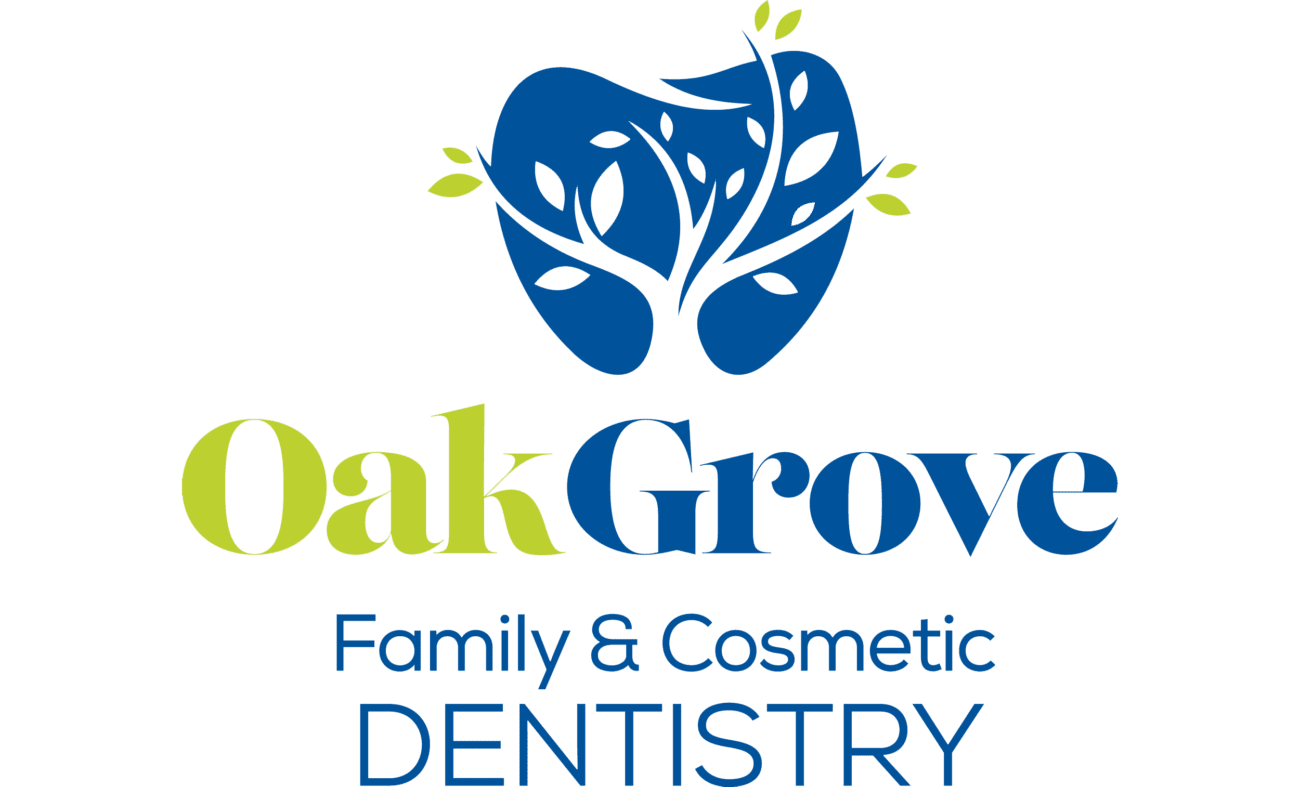When something goes wrong with your smile, it’s important that you know who to call to get the dental services you need to get back on track toward good dental health. At Oak Grove Family & Cosmetic Dentistry, we offer a comprehensive menu of restorative dentistry services in a warm, caring environment.
There is rarely a dental concern that we cannot treat in our Durham, NC dentist office. If you have a missing tooth, damaged tooth, or another complex dental concern, please contact our office or schedule an appointment online. Learn more about our restorative dentistry services below.

Restorative Dentist in Durham, NC
Dr. Chavala Harris is your local restorative dentist in Durham, NC. She has helped many patients and community members restore their smiles following dental damage. Whether you need oral appliance therapy to reduce TMJ symptoms, tooth replacement options for missing teeth, or a simple dental crown, Dr. Harris can provide the care you need to restore your smile and peace of mind.
When you receive a restorative dentistry treatment plan at Oak Grove Family & Cosmetic Dentistry, it may include any of the following services.
Dental Bridges
Dental bridges are another tooth replacement option to consider when you are missing one or more teeth. They rely on the external support of your surrounding teeth to hold a prosthetic tooth in place of a missing tooth. The bridge hardware is fully external, meaning some oral hygiene precautions are necessary to maintain your restoration.
However, dental bridges are an excellent option for patients looking to avoid the surgical procedure required for dental implants.
Dental Crowns
Dental crowns are porcelain caps designed to replace the entire exterior of your tooth. We recommend dental crowns to patients who have severely damaged or decayed teeth. Dental crowns allow us to replace the affected tooth without touching its tooth roots, helping our patients avoid the need for tooth extraction. The enamel on the affected tooth is shaped down to a foundational core, which supports the dental crown and gives it the functionality of a natural tooth.
Dentures & Partials
Our office offers dentures and partials to patients missing all or most of their natural teeth. Our removable dentures and partials are created using dental impressions of your own soft tissues to ensure comfortable wear and secure fit. Patients love our dentures and partials because they allow them to live life without any difficulty in chewing, drinking, or speaking. With proper care, our high-quality dentures should last a lifetime.
Periodontal Disease Treatment
Gum disease is a very common dental concern that we treat in our Durham, NC dentist office. Early-stage gum disease, often known as gingivitis, can often be treated with a thorough dental cleaning. However, if you visit our office after gum disease has progressed past its earlier stages, we can restore your smile with a periodontal disease treatment plan.
Often, periodontal disease treatment plans include a deep pocket cleaning of your gum line to get rid of any infected tissue or buried bacteria.
Schedule An Appointment Today
Looking for a restorative dentist in Durham, NC? Come visit Dr. Chavala Harris and the entire team of dental professionals at Oak Grove Family & Cosmetic Dentistry. We are currently accepting new patients and welcome both children and adults to our dental practice. Please schedule an appointment online. Our team looks forward to meeting you soon and helping you get back on track toward good dental health.
